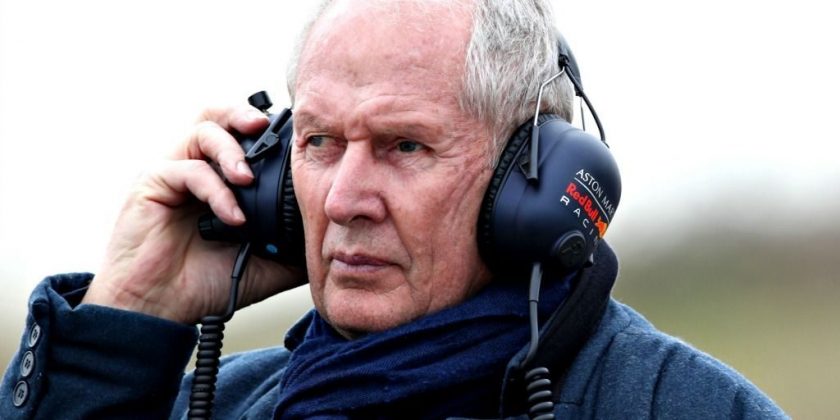F1’s decision to freeze parts of the car for 2021 could benefit McLaren, that’s according to Red Bull advisor Helmut Marko.
Next season the Formula 1 teams will only be permitted to change a percentage of their cars after all 10 agreed to race this year’s chassis in next year’s championship.
But while that’s okay for nine of the teams, McLaren are swapping engines at the end of this season, moving from Renault to Mercedes.
The team will therefore have to make changes to the MCL35 to fit the new power unit and its layout.
That, Marko says, could allow the Woking team to bypass the regulations.
“McLaren’s engine change from Renault to Mercedes can bypass some of the homologation rules and intervene in areas that are closed to others,” Marko told Auto Motor und Sport.
“There are loopholes.”
The Austrian added that he expects McLaren will be one of the teams knocking on the door of the top-three in the coming years.
Not only did McLaren bag its first podium in five years at last year’s Brazilian GP but the Woking team also has one of the smaller budgets in Formula 1, a lot smaller than the likes of Red Bull, which will play into their hands in light of the $145m budget cap.
“McLaren is getting closer,” Marko added. “They are well positioned in terms of staff and technology.
“And they will have a competitive engine from next year.
“But from this year to the next it [the pecking order] won’t change.”
But while Marko believes McLaren can benefit from loopholes, the Woking team’s CEO Zak Brown recently stated that he fears McLaren will have to use its development tokens to fit the new engine, leaving them with less scope to improve the car.
“It’s gonna be a bit tricky for us, we’re the only one (changing engines),” Brown explained to AutoWeek. “So the cars have been, for the most part, frozen.
“We’re going to have a token system for upgrades. You’re going to get a limited amount of upgrades.
“We’ve had to use some of those tokens to modify the chassis to install the engine, which is a bit of a bummer because the modifications aren’t necessarily for performance.
“That being said we think there’s performance to come just in the engine… there’s some risk there with an engine change that you’re gonna have to kind of get that right and there is a little less time for on-track development.”
Source: Read Full Article
